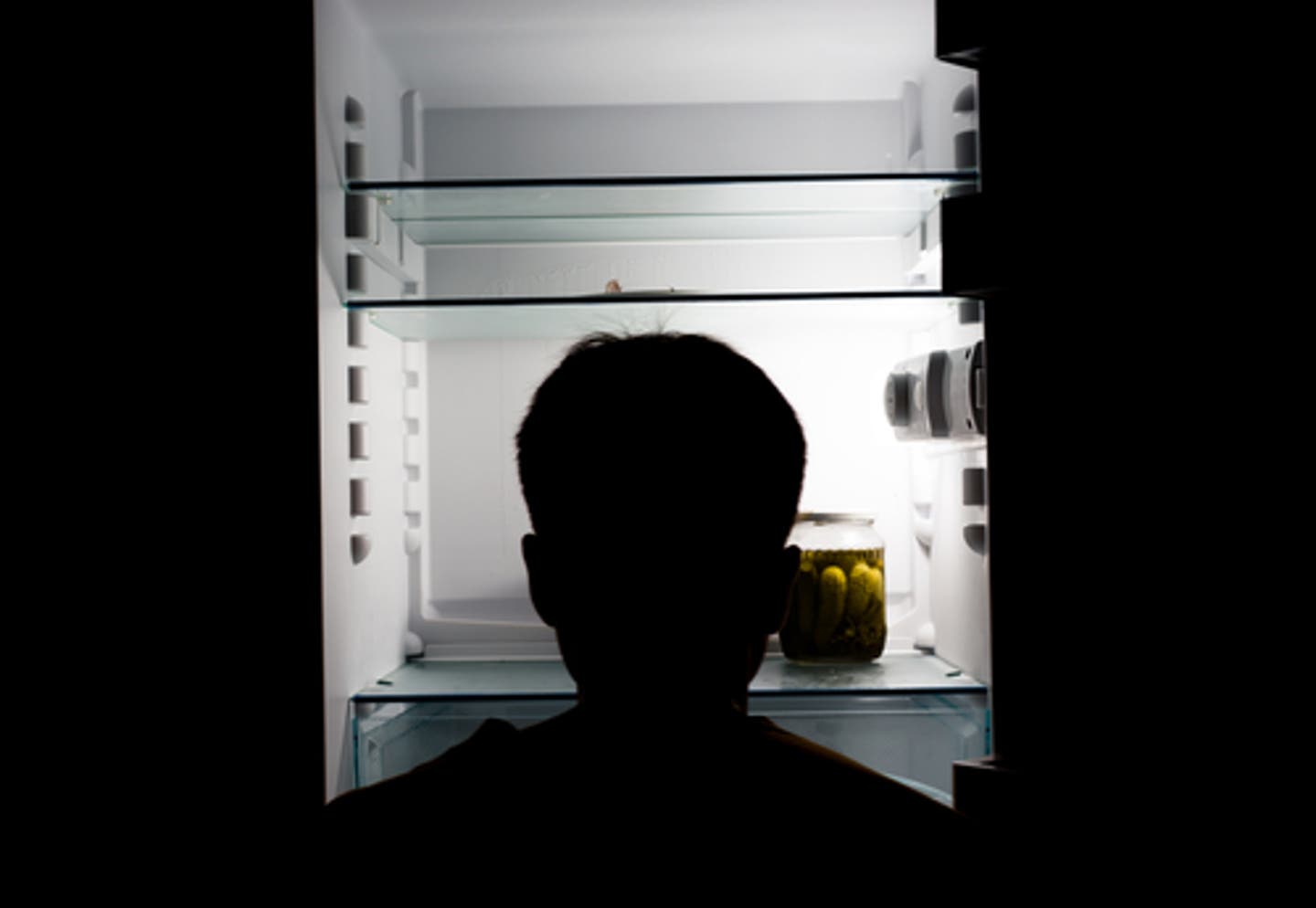
During or after a disaster, including power outages, a common question is what to do with all the food in your refrigerator or freezer. How long does it stay fresh? Are certain kinds of foods more likely to go bad quicker than others?
These questions are important to help avoid getting sick from eating something you shouldn’t, because there are plenty of myths out there. Let’s dive right in.
How Long is Food Safe After a Power Outage?
It's a common question—just how long is food good after a power outage? Eight hours? 24 hours? Days? Weeks?
The CDC offers these after-an-outage food safety tips:
- Never taste food to test if it’s still good. As the saying goes, “When in doubt, throw it out!”
- Any food with an odd color, texture, or odor should be thrown out.
- After four hours without power or a cold source like dry ice, throw out perishable foods. This includes vegetables, cut fruit, meat, fish, milk, eggs, and leftovers.
- Throw out food above 40º Fahrenheit (4.5º Celsius). This includes food kept in your refrigerator or stored in a cool source.
What Foods Can be Refrozen After a Power Outage?
FoodSafety.gov indicates that food containing ice crystals, or that is kept at 40º Fahrenheit (4.5º Celsius) or lower, can be safely refrozen or cooked after being thawed. Keep in mind, though, its quality may have declined.
Following the above guidelines, these foods can be refrozen after a power outage (for the full list, visit FoodSafety.gov):
- Meat, poultry, and seafood
- Soups and stews
- Milk
- Eggs
- Cheese (hard and shredded, soft, and semi-soft)
- Cheesecake
- Fruit and vegetable juice
- Breads, rolls, and muffins
- Cakes (without custard filling)
- Pies and pie crusts
- Pastries (with custard or cheese filling)
- Commercial or homemade bread dough
- Casseroles (pasta and rice-based)
- Flour and cornmeal
- Nuts
- Waffles and pancakes
- Bagels
- Frozen meals
How Long Will Food Last in the Refrigerator After a Power Outage?
The U.S. Department of Agriculture’s Food Safety and Inspection Service states that a refrigerator will keep food safe for up to four hours during a power outage. It is important that you keep the door closed as much as possible. After four hours without power, toss perishable foods; visit FoodSafety.gov for a complete guide to assist with what to keep and what to discard.
What Should I Throw Out of the Freezer After a Power Outage?
A full freezer will hold a safe temperature for roughly 48 hours (24 if the door stays closed and the freezer is half full). Again: never taste food to determine its safety, and throw out any food with an abnormal smell, texture, or color.
Check out the CDC’s Food Safety Infographic, which you can download or print to keep handy!
Food Safety Myths
You’ve probably heard the myths before—the so-called “home remedies” for keeping food salvageable after a power outage. If the power goes out, can you really put food in the garage, on the porch, or in the snow? Does it depend on how long the power is out (hours, days, or longer)?
While these methods might sound tempting as you try to keep food good for longer, regardless of the time of year, the Washington State Department of Health says you shouldn’t store food outside, wintertime or not. Outside temperatures can fluctuate significantly, and you run the risk of the sun heating up food meant to stay cold (which can cause bacteria to grow), or warm food freezing. Additionally, animals may take the food, even if your property is fenced.
So, what about storing food in a cold garage? Well, because of similar risks (uneven surfaces, risk of contamination, varying temperatures, and irregular air flow) Penn State’s College of Agricultural Sciences says you should limit garage or porch food storage to just soda or water (beverages that don’t require refrigeration).
SERVPRO® is Here to Help® 24/7
Disasters such as blizzards, tornadoes, hurricanes, fires, and mudslides can knock out power lines for days, weeks, or in some extreme cases, even months. Knowing how to handle food and what is safe to eat is an important part of managing the aftermath of such natural disasters. But in addition to managing food correctly, you might find yourself facing the daunting task of cleanup and restoration in your home or business.
SERVPRO understands the stress and worry that comes with such a task. That’s why, with over 2340 franchise locations across the United States and Canada, take comfort knowing there is a location nearby, ready to service your large and small cleanup, restoration, and construction needs on a 24/7 basis. Established in 1967, SERVPRO has grown to become the #1 choice in cleanup and restoration and can assist with a variety of disaster cleanup needs, including water damage cleanup, fire restoration, mold remediation, document restoration, HVAC and air duct cleaning, vandalism and graffiti cleanup, and more. Find your local SERVPRO today and reach out anytime.
Visit our FAQ and Glossary for additional information about SERVPRO and the cleanup and restoration industry.